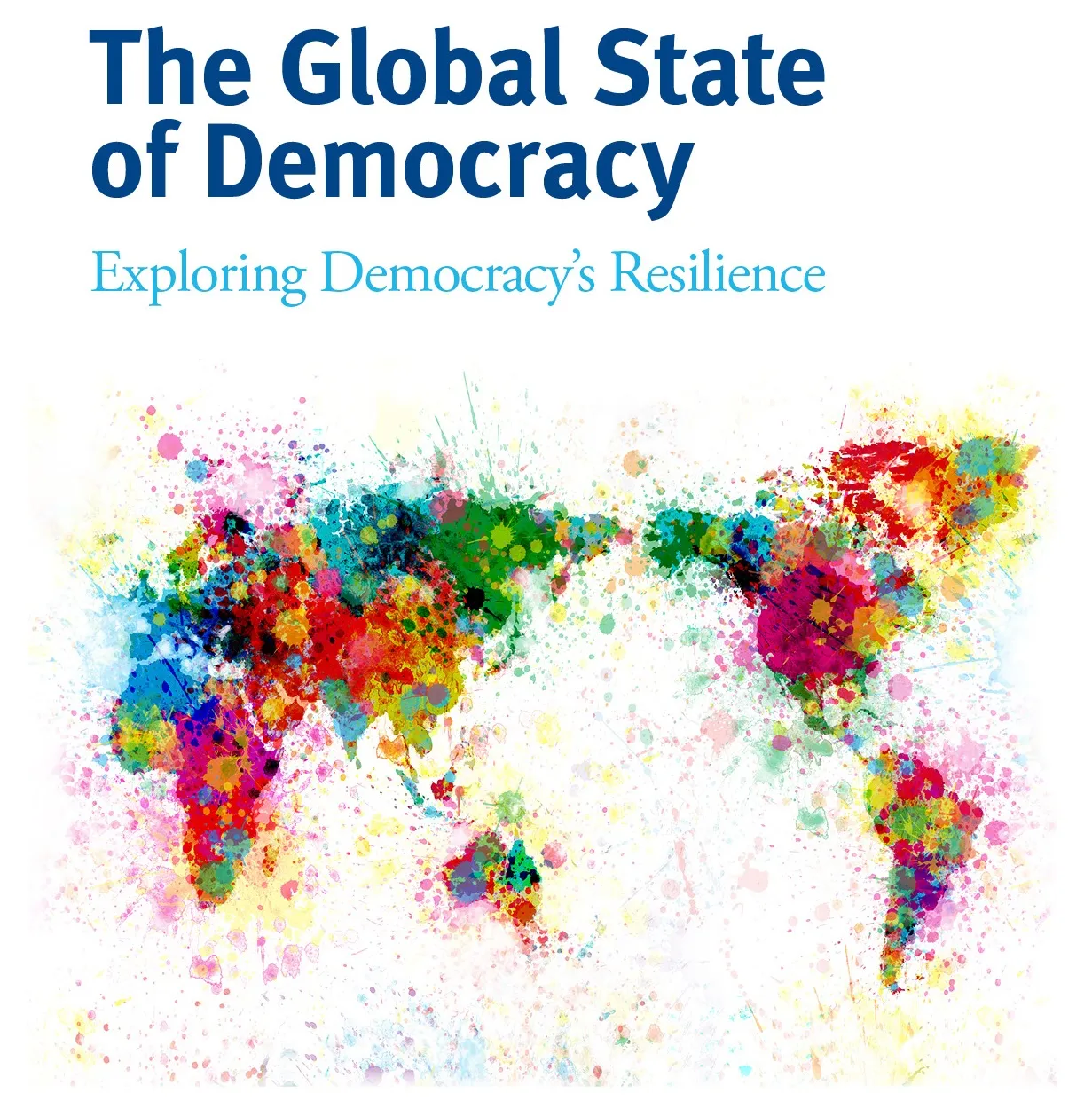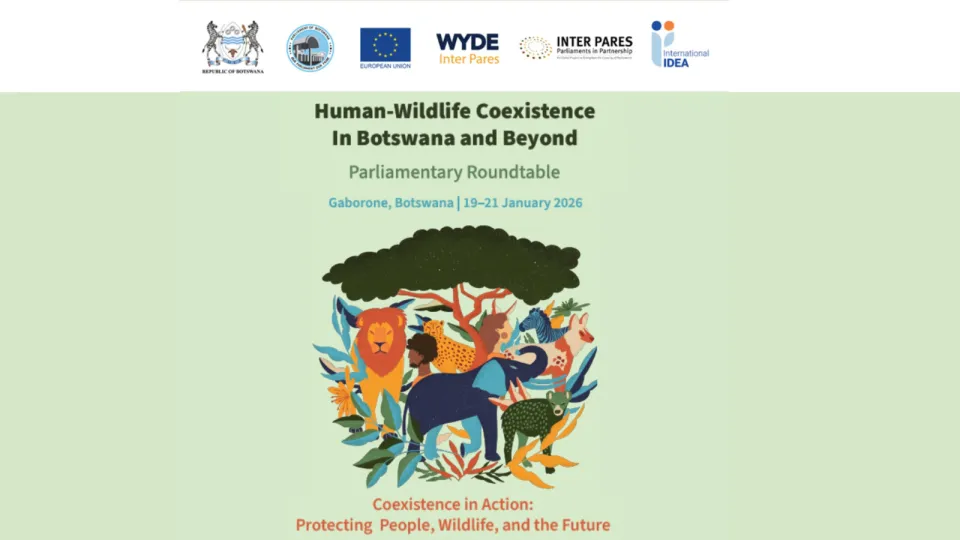Democracy at a crossroads, according to new International IDEA report

30 November 2017 | BRUSSELS – Global democracy is at a crossroads and continuous actions must be taken to safeguard and protect it, according to the first edition of The Global State of Democracy publication from the International Institute for Democracy and Electoral Assistance (International IDEA), which will be presented today in the Egmont Palace in Brussels. One of the findings of the report is that the world has experienced continued and steep democratic progress, however this progress has slowed down over the past decade, with challenges and threats emerging in specific countries and regions.
“That democracy is challenged, or its scope narrowed, is not a new phenomenon”, says Heidi Hautala, Vice-President of the European Parliament, who will take part in the High-Level Panel today. “Each modern era has brought challenges to the democratic order of its time. These challenges have reformed, reviewed and revitalised democracy. As we tackle the challenges of our time, we must remember that history teaches us that democracy is resilient. But we must also remember that democracy is only as strong as the commitment and courage of those who stand up against any attempts to put aside democratic principles and practises"
International IDEA’s Global State of Democracy publication offers a comprehensive global analysis of the challenges facing democracy and the policy options to tackle them. It highlights that almost all aspects of democracy have advanced over the past four decades:
- Most electoral democracies established in this period survived, and the number and proportion of countries holding elections have increased.
- Governments are now more representative of (and responsive to) their constituencies, more countries respect the fundamental rights of their citizens, and social rights and equality feature sharp improvements
- More importantly, governments are more constrained by checks from parliaments, the judiciary and the media.
- In addition, according to International IDEA’s analysis, the value people give to democracy is strengthened when democratic backsliding occurs. The most difficult aspects for democracies to tackle are corruption and rule of law, which have not improved since 1975.
- In the European context, democracy in all its aspects showed relatively stable character over the last 40 years comparing to other regions. However, in 2015 a slight regress is observed in areas as representative government, fundamental rights and checks on government, compering to the last decade.
“We see the challenges to our democracy in our daily news. There are cases with national leaders attempting to retain power beyond constitutional limits, attacks on human rights, rollback of civil liberties and freedom of the press, increasing polarization of society, and rise of populism”, said Yves Leterme, International IDEA Secretary-General. “The report shows that democracy is not in decline, but International IDEA is concerned about the rise of challenges with which it is confronted. Our role — every citizen’s role — is to protect democracy.”
The first edition of The Global State of Democracy publication analyses and assesses emerging challenges and threats. It is based on a new set of indices that collect data on key attributes of democracy across 155 countries from 1975 to 2015. The starting point of 1975 coincides with the ratification of the United Nations Conventions on Civil and Political Rights as well as Economic and Social Rights and the so-called ‘Third Wave of Democracy’. Zooming-in on some of the most pressing crises for democracy today, the publication provides insights into the future of political parties and representation, corruption and money in politics, inequality, migration, and post-conflict peacebuilding. The publication provides actionable recommendations for citizens, politicians and technocrats worldwide in their efforts to combat these threats.



